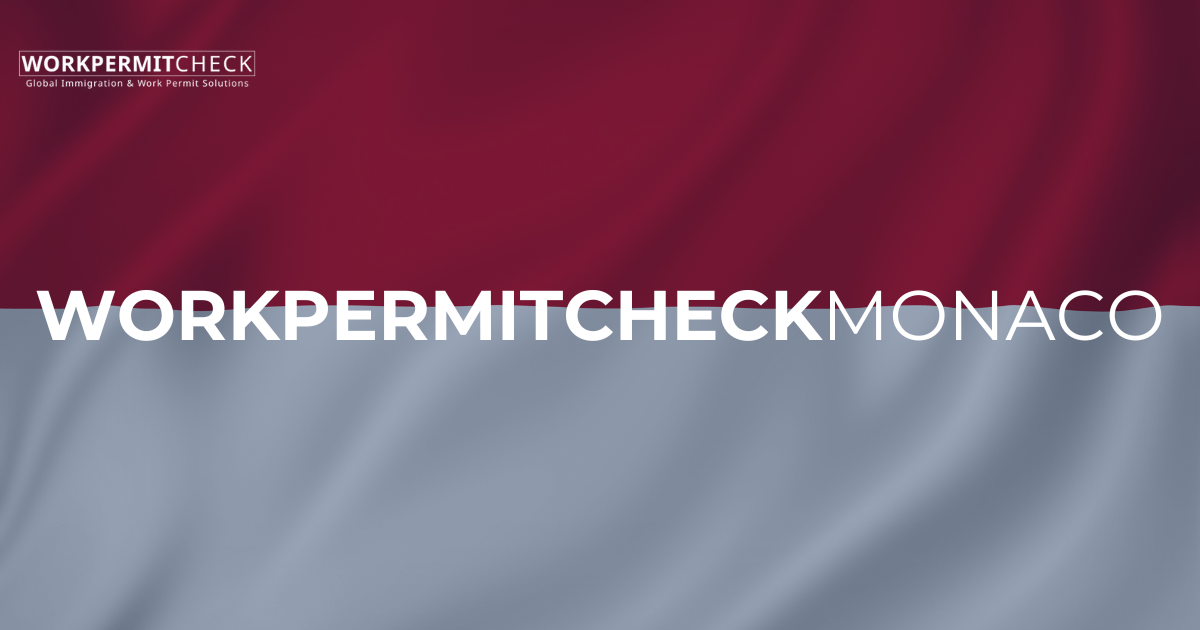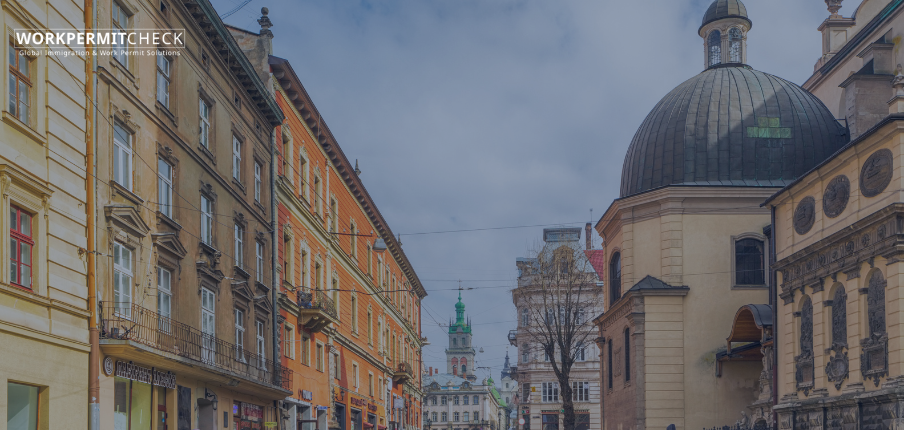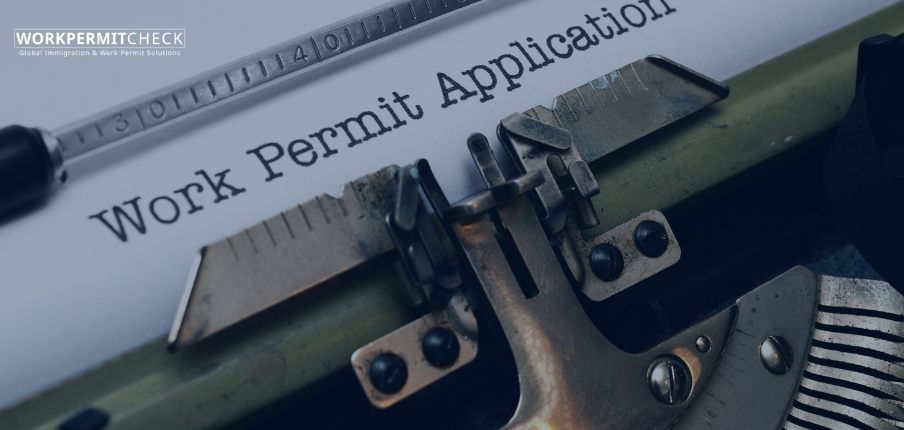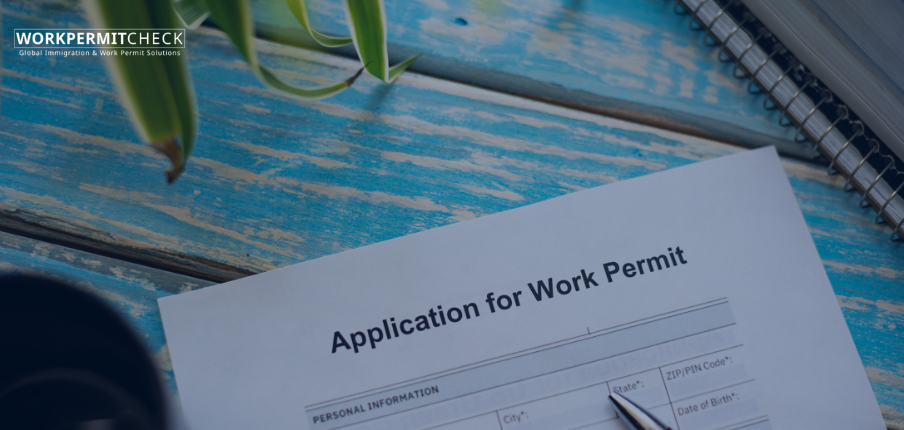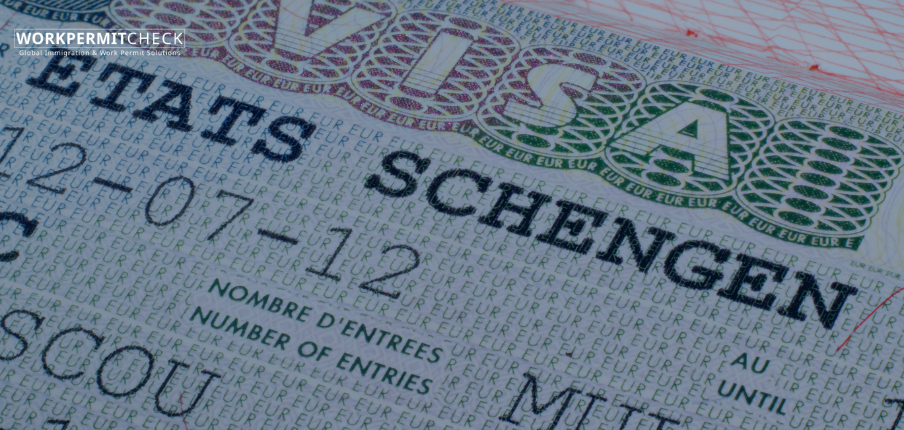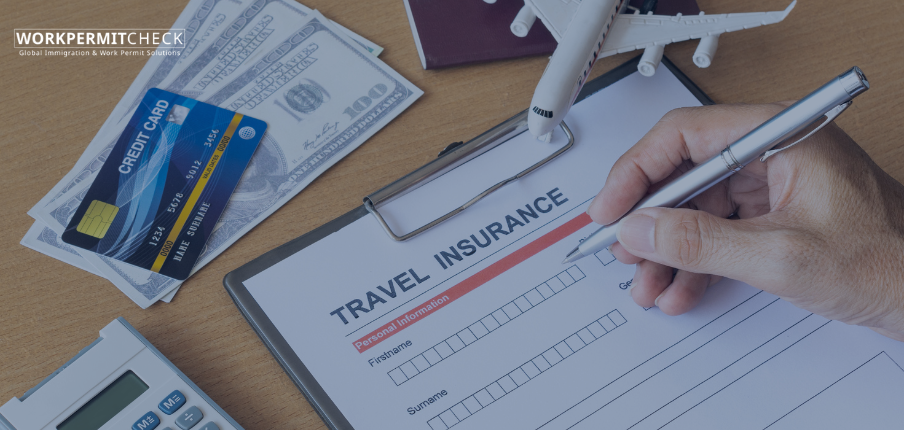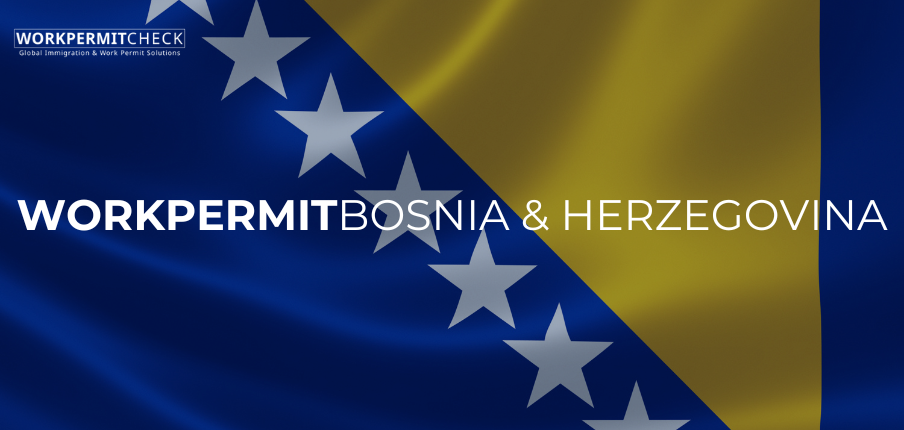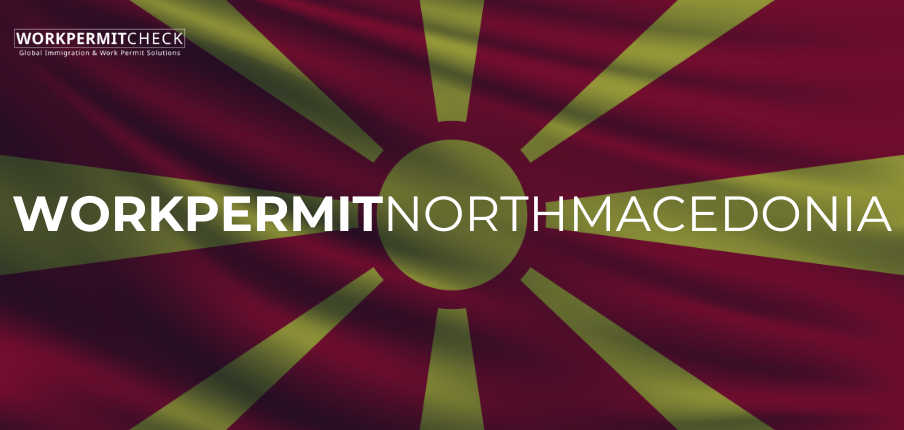Portugal is a popular destination for foreign professionals, offering a high quality of life, a welcoming culture, and increasing opportunities in various sectors. If you are a non-EU/EEA national looking to work in Portugal, you must obtain legal authorization in the form of a work permit and a residence visa. This guide outlines the process, legal requirements, and how to handle the application efficiently without relying on third-party agencies or incurring unnecessary expenses.
Who Needs a Work Permit?
Nationals from outside the European Union (EU), European Economic Area (EEA), or Switzerland need a valid work visa and residence permit to live and work in Portugal. Citizens of EU/EEA countries only need to register with local authorities if staying longer than 90 days.
Step-by-Step Process to Obtain a Work Permit
1. Secure a Job Offer
The first and most important step is obtaining a binding employment contract or a formal offer from a Portuguese employer. The job offer must be for a position that has been advertised in Portugal and the EU without a suitable local candidate being found.
2. Employer Applies for Authorization
Once a job offer is secured, your prospective employer must apply to the Portuguese Immigration and Borders Service (SEF) or Institute for Employment and Vocational Training (IEFP) for authorization to hire a non-EU worker.
This process includes:
-
Proving the job was posted locally and in the EU job market
-
Justifying the need to hire a foreign worker
-
Submitting the draft employment contract
3. Collect Required Documents
Once the authorization is approved, you will need to prepare the following documents for your work visa and residence permit application:
-
Valid passport
-
Passport-size photographs
-
Employment contract or offer letter
-
Proof of qualifications or professional experience
-
Criminal record certificate from your home country
-
Medical clearance or declaration of good health
-
Proof of accommodation in Portugal
-
Proof of sufficient financial means
-
Travel insurance valid in the Schengen Area
All documents in a foreign language must be officially translated into Portuguese and, if required, legalized or apostilled.
4. Apply for a Work Visa at the Portuguese Consulate
You must apply for a residence visa for work purposes at the Portuguese consulate in your home country or current country of residence. The visa is typically valid for 4 months and allows you to travel to Portugal to complete the residence permit application process.
5. Travel to Portugal and Register with SEF
Once in Portugal, you will need to schedule an appointment with the SEF (Serviço de Estrangeiros e Fronteiras) to obtain your residence permit.
You will provide:
-
The initial visa
-
Original documents submitted earlier
-
Proof of arrival and address in Portugal
-
Biometric data (fingerprints, photo)
After processing, you will be issued a residence card that allows you to live and work in Portugal legally.
Legal Exemptions from Work Permit Requirement
Certain categories of individuals may be exempt from needing a separate work permit, such as:
-
Citizens of EU/EEA/Switzerland
-
Holders of long-term residence permits from other Schengen countries (in some cases)
-
Highly qualified professionals under special agreements (e.g., Tech Visa or D7 visa with remote work eligibility)
-
Researchers, academic professionals, and intra-corporate transferees under special rules
Validity and Renewal
-
The initial residence permit is usually valid for one or two years, renewable as long as employment continues.
-
After five years of legal residence, you may apply for permanent residency or even Portuguese citizenship if other criteria are met.
Final Tips
-
Always apply through official government channels, either directly or with your employer’s HR assistance.
-
Avoid relying on unverified agencies or intermediaries promising fast-track services.
-
Double-check that your documents are complete, translated, and submitted within deadlines to avoid delays.
-
Stay updated with SEF's official website for any changes in immigration procedures.


































































































































































